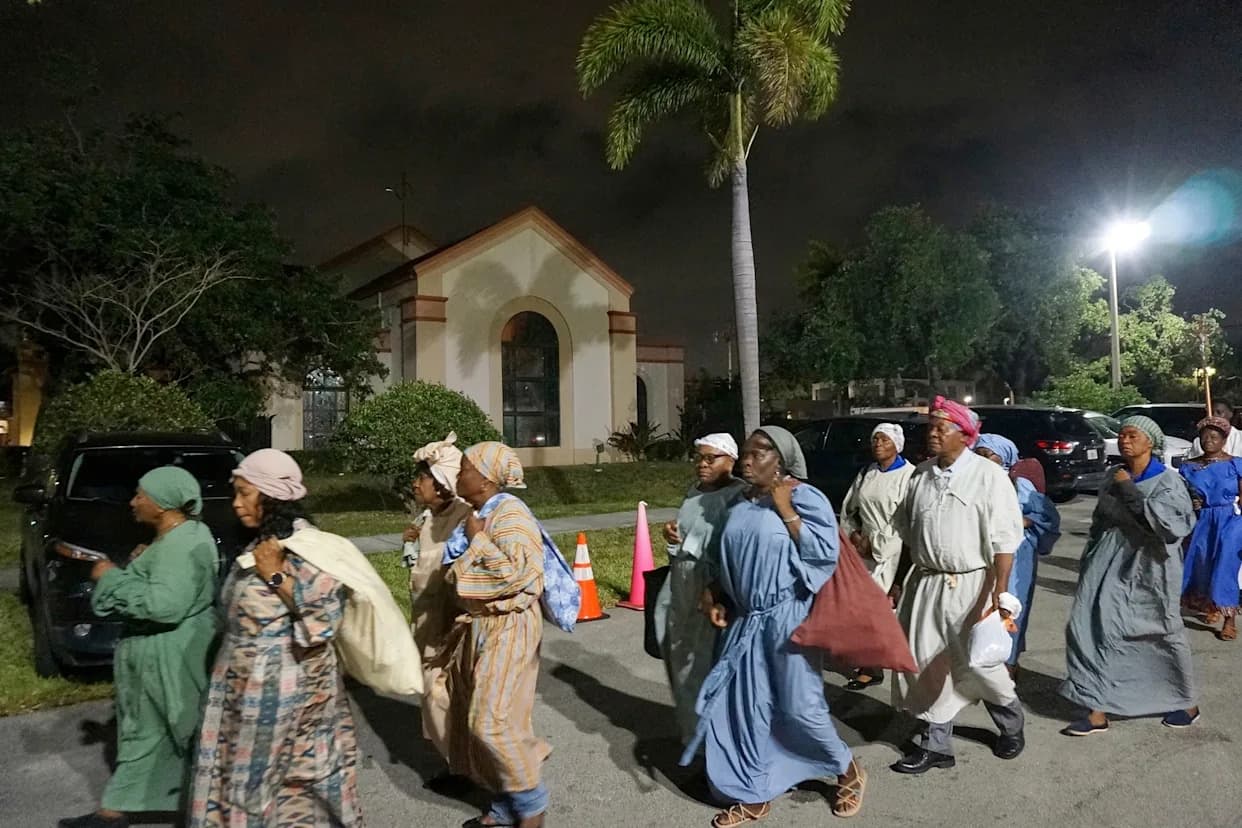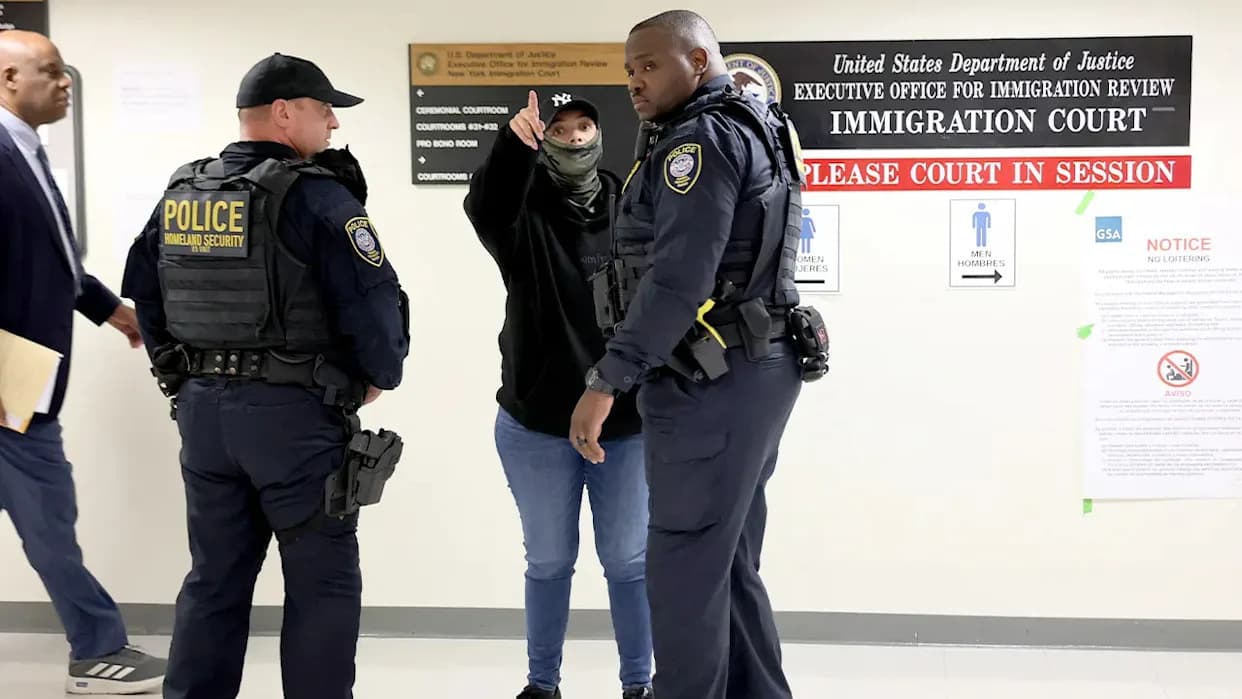Democrats say the White House failed to conduct the legally required consultation with congressional committees before announcing a historic low refugee cap of 7,500. The signed plan was posted publicly a month after execution, and a belated meeting with deputies — rather than cabinet-level officials — is being called inadequate. Advocates also raised alarms about guidance that appears to favor white South African applicants, a provision critics say could invite additional legal challenges.
Lawmakers: White House Failed to Consult Congress Before Cutting Refugee Cap to Historic Low
Democrats say the Trump administration did not meet its statutory obligation to consult with Congress before imposing a dramatic cut to refugee admissions, setting the program’s lowest-ever cap.
In October, President Trump announced a refugee ceiling of 7,500 people — a small fraction of the 125,000 cap established under President Biden. Lawmakers say the White House publicly posted the signed governing document a month after it was executed and did not complete the required consultation with congressional committees within the statutory deadline.
That missed deadline, Democrats contend, could be central to any litigation challenging the cap. They also argue that a belated meeting arranged after the deadline — when deputies, rather than the cabinet-level officials named in the statute, appeared — still failed to satisfy the law.
"Fifty-one days after the legal deadline, the Trump Administration today came to Capitol Hill in response to our monthslong bipartisan demands that they follow the law and consult with Congress on their refugee admissions plan," Rep. Jamie Raskin (D-Md.) and Sen. Dick Durbin (D-Ill.), the ranking members of their respective Judiciary panels, said in a joint statement. "It is outrageous that Secretaries Kristi Noem, Marco Rubio, and Robert F. Kennedy Jr. were too cowardly to come before us and explain their shocking decision to abandon nearly 130,000 vetted, approved refugees facing persecution and violence abroad. Instead they sent their deputies, in brazen violation of the law which explicitly requires a consultation by 'Cabinet-level representatives of the President.'"
Top Democrats on immigration subcommittees — Rep. Pramila Jayapal (D-Wash.) and Sen. Alex Padilla (D-Calif.) — joined Raskin and Durbin in criticizing the White House for missing the deadline and for not having cabinet-level officials attend the consultation personally.
The Department of Homeland Security and the State Department did not immediately respond to requests for comment.
Beyond procedural concerns, advocates and legal experts warned the substance of the declaration raises separate legal risks. The guidance accompanying the cap reportedly advises refugee officers to give preference to white South Africans — a directive critics say injects a race-based preference into what should be a humanitarian protection system.
Laurie Ball Cooper, vice president for U.S. legal programs at the International Refugee Assistance Project, said the statute requires consultation with specific congressional committees — which include members of both parties — not merely with select congressional allies. "That’s one set of legal problems," she said, adding that the apparent race-based preference is "hugely problematic" and likely to prompt additional legal challenges.
Legal observers expect the missed consultation and the policy guidance to be focal points in any lawsuits challenging the refugee cap.
Help us improve.




























